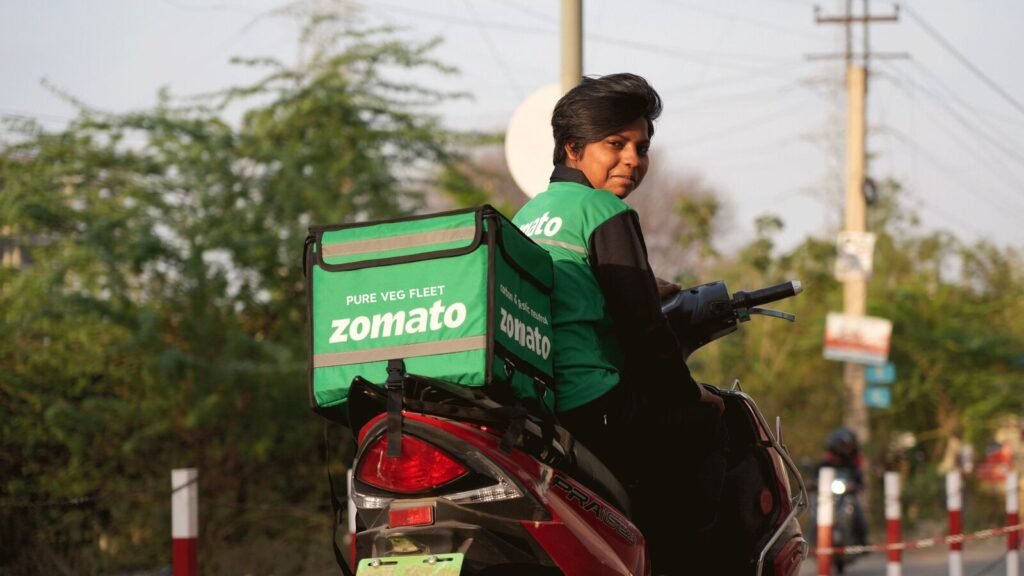Zomato pure-veg fleet: reasons for the outcry

Earlier this week, Zomato launched a pure vegetarian fleet, which would deliver orders from vegetarian restaurants. But many people have expressed concerns. Among other things, they fear, this could foster discrimination among workers. Mint explains:
Why has Zomato proposed the fleet?
Zomato’s ‘Pure Veg Mode’ would curate restaurants that serve only vegetarian items. These food items will be delivered through its ‘Pure Veg Fleet’. Zomato’s CEO Deepinder Goyal explained that the need to separate the fleet arises because at times, food can spill over into other delivery boxes during delivery, leaving an odour. The feature is expected to see a phased roll out across the country in the coming weeks. While the initiative does not aim to hurt political or religious preferences, the company will roll back the scheme in case there is “significant negative social” repercussion, Goyal said.
How have people reacted to this?
Some believe demarcating vegetarian and non-vegetarian delivery workers could bring caste and discriminatory practices to the fore. While some people agree with the essence of the initiative—that it was made strictly to cater to dietary preferences—others said this could lead to unnecessary probes into delivery workers’ background. Initially, Goyal proposed that veg and non-veg workers would be identified through green and red colour shirts, respectively. But this was rolled back after people said workers may not be allowed to enter buildings or communities with strict vegetarian tenants.
How many non-vegetarians are there in India?
As per the National Family Health Survey (2019-21), the proportion of women aged 15-49 who eat fish, chicken or other meats at least once a week, stands at 45.1%. Separately, women’s consumption of eggs is also 45.1%. Similarly, men’s consumption of fish, chicken or meats stands at 57.3% while egg consumption stands at 57.8% as per the survey.
What could be the problems?
In tier-1 cities, customers can face long wait times—delays put down to a shortage of delivery workers during peak hours. Zomato’s segregation of its delivery workforce could further aggravate the supply dynamics, some industry watchers believe. At a time when delivery companies are struggling to generate positive unit economics, this could also hamper efficiency for Zomato’s overall business. However, the company reported a profit of ₹138 crore in Q3, compared to a loss a year earlier.
How do restaurants handle this issue?
Restaurants in India have always handled this sort of segregation. Many vegetarian customers are sensitive about how and where the food is prepared. For instance, fast food giant McDonalds uses separate kitchens for vegetarian and non-vegetarian items. Many smaller restaurants also address this concern by carving out separate cooking areas, segregating the workforce, and by using separate steamers, fryers, induction cookers, utensils and other equipment used for making preparations.
